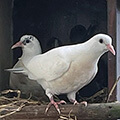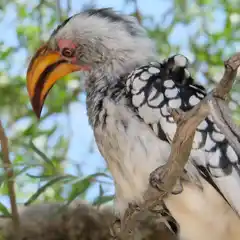







The herpesvirus of turkeys (HVT), an apathogenic alphaherpesvirus of chickens and turkeys, is widely used as a live vaccine against Marek’s disease (MD) because of its antigenic relationship with MDV. HVT is also used as a very successful in ovo recombinant vaccine vector to protect against multiple avian diseases. However, in ovo HVT replication kinetics, and its unique gene functions in viral replication and protection mechanisms are poorly studied. Recently, I demonstrated HVT vNr-13 protein role in replication and interactions with host in chicken embryo fibroblasts, and in this work, I evaluated replication kinetics and transcriptional changes of innate and adaptive immune patterning genes upon in ovo inoculation of wild-type HVT, HVT-ΔvNr-13, Innovax® (recombinant-HVT carries IBDV VP2-protein and NDV F-protein), or Innovax®-ΔvNr-13. HVT vNr-13 was required for viral replication in ovo in late-stage embryonic tissues, and active virus replication was observed only in the lungs. IFN-inducible Mx1 response was higher with wild-type HVT compared to HVT-ΔvNr-13 and Innovax®-ΔvNr-13 in the lungs. In the future, it would be interesting to determine whether vNr-13-mediated MX1-pathways play a role in augmenting the efficacy of HVT, and could be used as molecular-adjuvants to improve the efficacy of HVT-based vaccines, and other avian disease vaccines.
Return to the Grants Awarded page.